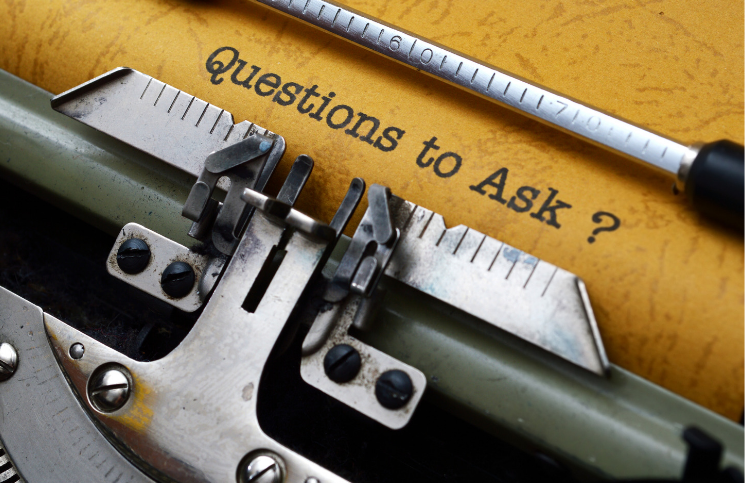The teachers’ job
by Eileen Wedegartner, Blended Learning Specialist
The job of the English teacher is to ensure that students can read a complex text with comprehension and formulate ideas about it orally and in writing. Teachers often walk a fine line between imparting their own views and facilitating an environment where students can formulate their own judgements based on their own knowledge, values, ethics and beliefs.
Neutrality is not an easy balance, especially in a cultural and political environment of tribalism and divisiveness. Sometimes the mere raising of questions is enough to ruffle feathers. We saw such a case recently when a Massachusetts teacher made the news by posing a question about a hot topic in today’s political climate: whether or not Donald Trump is a fascist.
It is easy for questions to be misconstrued as answers and for people to take offense at ideas that challenge their own. Many would shy away from even raising a controversial topic. The old adage about avoiding religion and politics still applies. Yet what this teacher was trying to accomplish is something we should all be thinking about, especially teachers of literature and the humanities whose job is to teach students to evaluate text and formulate ideas around it, a set of skills commonly called critical thinking.
I have attempted to present similar lessons in my own classroom. I often start with a class discussion and analysis of Orwell’s essay “Politics and The English Language”. This can easily take a couple of days.
From there we might go into other great writings and speeches, assigning groups of students to dissect and evaluate examples like Jefferson’s “Declaration of Independence,” Lincoln’s “Gettysburg Address,” Reagan’s “A Time for Choosing,” Martin Luther King Jr.’s “Beyond Vietnam,” George W. Bush’s “9/11 Address to the Nation,” and Hillary Clinton’s “Remarks to the U.N. 4th World Conference on Women Plenary Session.” I choose my selections to give students a range of opinions from all sides of the aisle so that we can compare and evaluate language and ideas. Today I would include examples from Obama and Trump, and maybe Emmanuel Macron, Angela Merkel, Xi Jinping and Pope Francis.
How people use language to influence others, how word choice forms an argument, how language appeals to logic and feelings, how a good speaker establishes authority– all these rhetorical elements are essential for people to recognize and understand in order to evaluate the speaker and the message. Apart from physical force, language is our primary way of persuading others to act or not to act. Language inspires courage, fear, altruism, self-protection. It can stir empathy or apathy. It shapes how we move forward or stagnate as individuals and as a culture.

There may have been a better way to spur students to examine Trump’s language, but it was important to make the effort. We should be asking students to analyze the messages of all our leaders as well as the corporate messages of advertising. The same analysis should be applied to our own thoughts. We should define what we mean with the words we and others use. What does a speaker or writer mean by words like democracy, freedom, capitalism, socialism, fascism, communism, authoritarianism? Defining terms is more than an academic exercise. It’s a cognitive skill that is essential to the functioning of a free society. Ensuring that students develop these analytical and critical thinking skills is the job of the teacher.
Here are some of the speeches I have used:
- 9/11 Address to the Nation, given by George W. Bush
- Beyond Vietnam — A Time to Break Silence, given by Martin Luther King, Jr.
- A Time for Choosing (aka “The Speech”), given by Ronald Reagan
- Remarks to the U.N. 4th World Conference on Women Plenary Session, given by Hillary Rodham Clinton
Related post: Language and Liability in a Sensitive Time. Words Matter! Definitions & Intent Matter!





